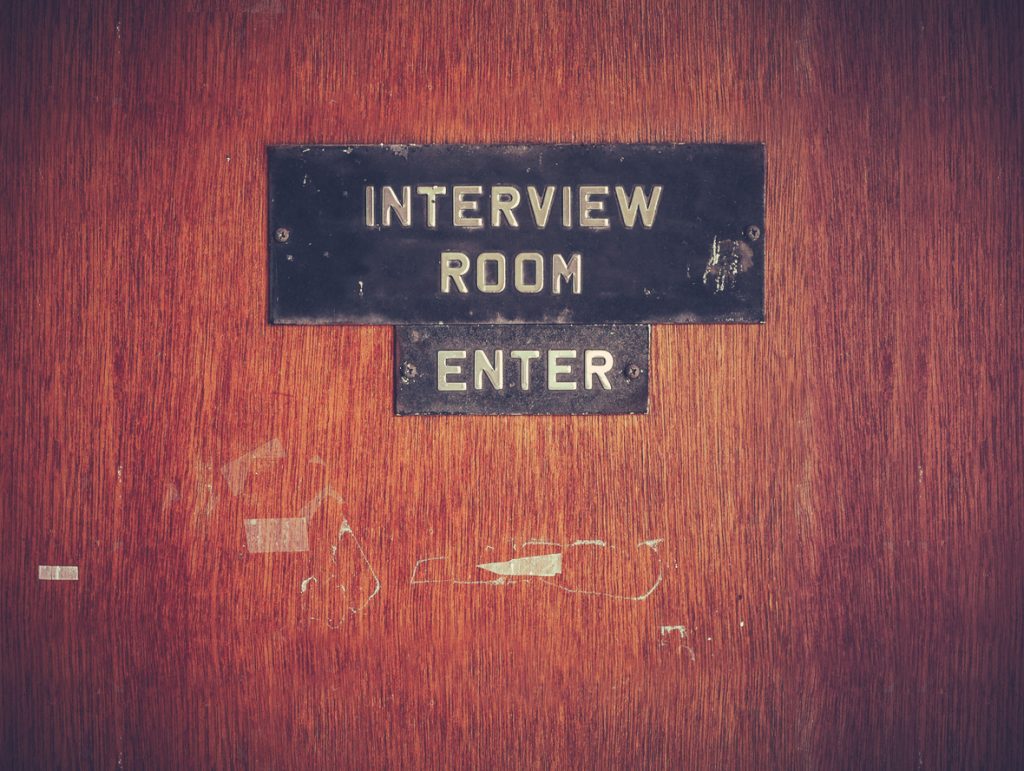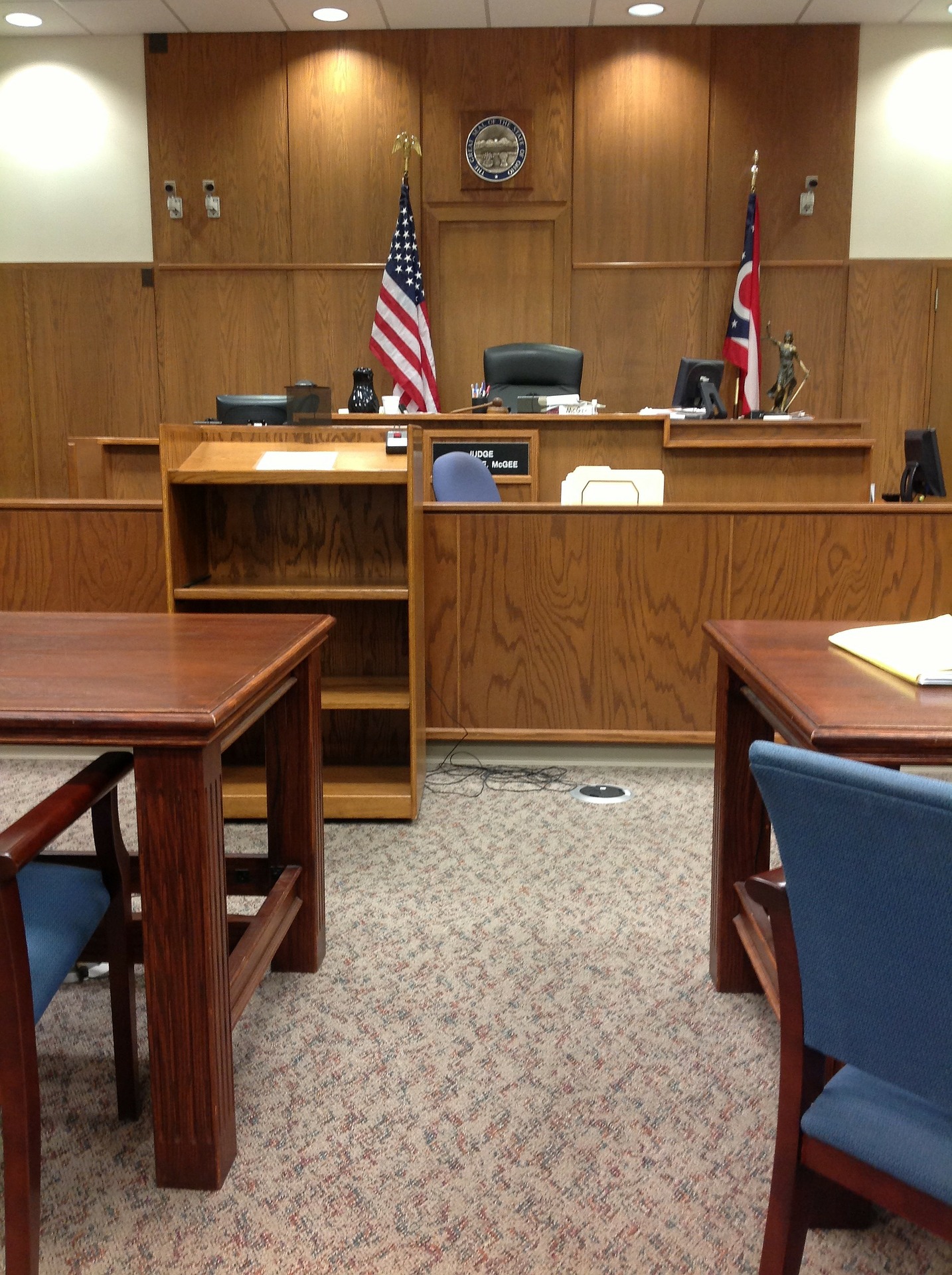No. The Fifth Amendment to the U.S. Constitution states that no person “shall be compelled in any criminal case to be a witness against himself….” This is where the phrase “pleading the Fifth” comes from. And if you choose to plead the Fifth, the prosecution can’t use your silence against you.
Or, as the U.S. Supreme Court put it four decades ago in a case called Jenkins v. Anderson, “[t]he Fifth Amendment guarantees an accused the right to remain silent during his criminal trial and prevents the prosecution from commenting on the silence of a defendant who asserts the right.”
Does this mean a prosecutor can’t use your silence against you in every case?
No. While the Fifth Amendment, to use the Supreme Court’s words, “prevents the prosecution from commenting on the silence of a defendant who asserts the right,” that doesn’t mean the prosecution may never use your silence against you. Jenkins v. Anderson is a perfect example.
In Jenkins v. Anderson, the Supreme Court ruled that the prosecutor could use the defendant’s silence against him because “he voluntarily took the witness stand in his own defense.” Once he took the stand, the Court said, he opened himself up to attacks based on his silence after the alleged crime.
The prosecutor used the defendant’s failure to raise the defense earlier against him, arguing that he would have spoke up sooner if he had really been acting in self-defense. Specifically, the prosecutor told the jury that the defendant’s self-defense claim should fail because he had “waited two weeks … at least two weeks before he did anything….”
The Supreme Court’s decision was based, at least in part, on its previous decision in Raffel v. United States, which recognized that the prosecution doesn’t violate a defendant’s Fifth Amendment right to silence when he or she testifies at trial and the prosecution impeaches them with their prior silence.

When should you exercise your right to silence and when should you talk?
The answer to this question is very complicated. Almost always, exercising your right to remain silent is the best choice to make because, as movies will tell you, “anything you say can and will be used against you in the court of law.” Prosecutors and police will absolutely use whatever evidence they can.
But you should also understand the legal implications of your decision. Especially in self-defense cases like Jenkins v. Anderson and Raffel v. United States, the prosecutor can use your silence against you if they use it to criticize your testimony at trial. In other words, once you open yourself up to cross-examination, you can no longer use your right to remain silent as a shield in a criminal case.

The Takeaway:
In general, prosecutors can’t use your silence against you because of the Fifth Amendment’s right to silence. However, if you later testify at trial, the prosecutor can comment on your initial silence. This problem comes up a lot in self-defense cases where the defendant testifies at trial. And the Supreme Court has ruled that it is acceptable for the prosecutor to use your silence in that situation.






